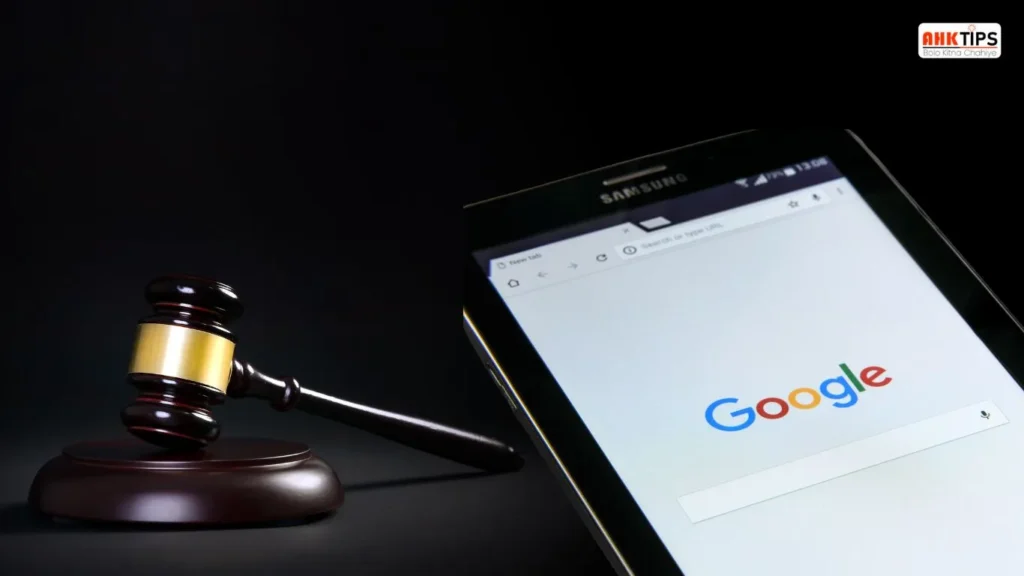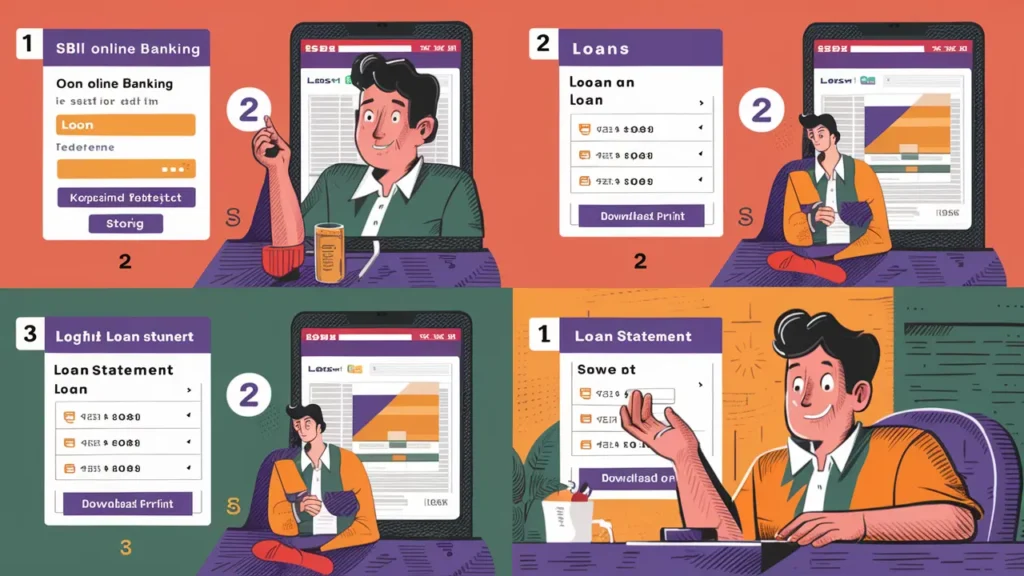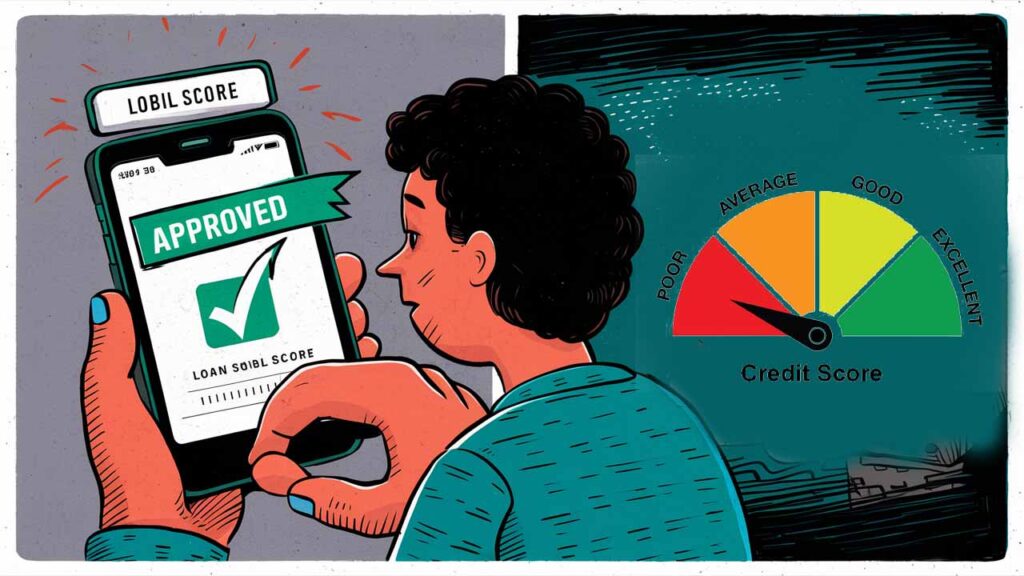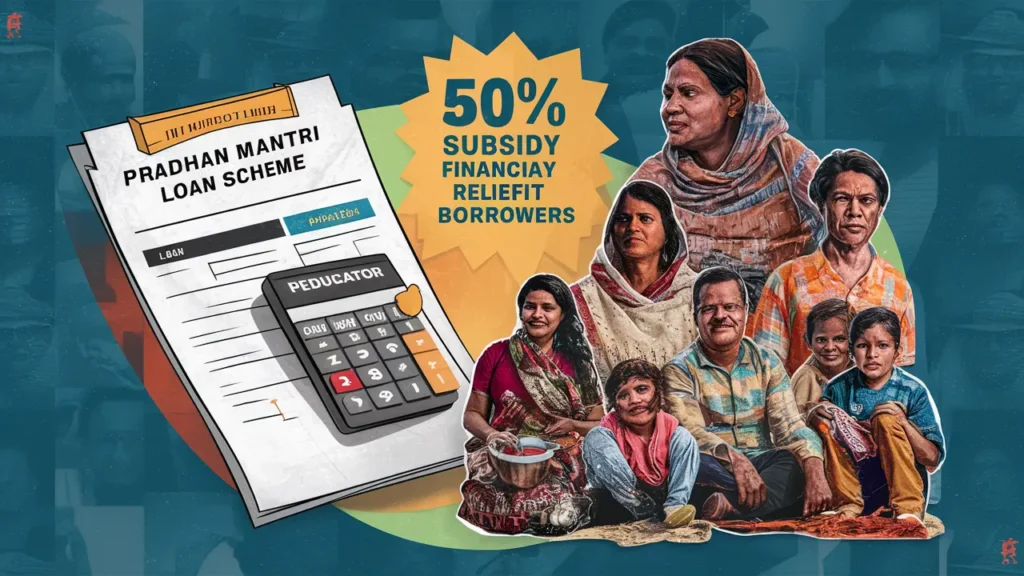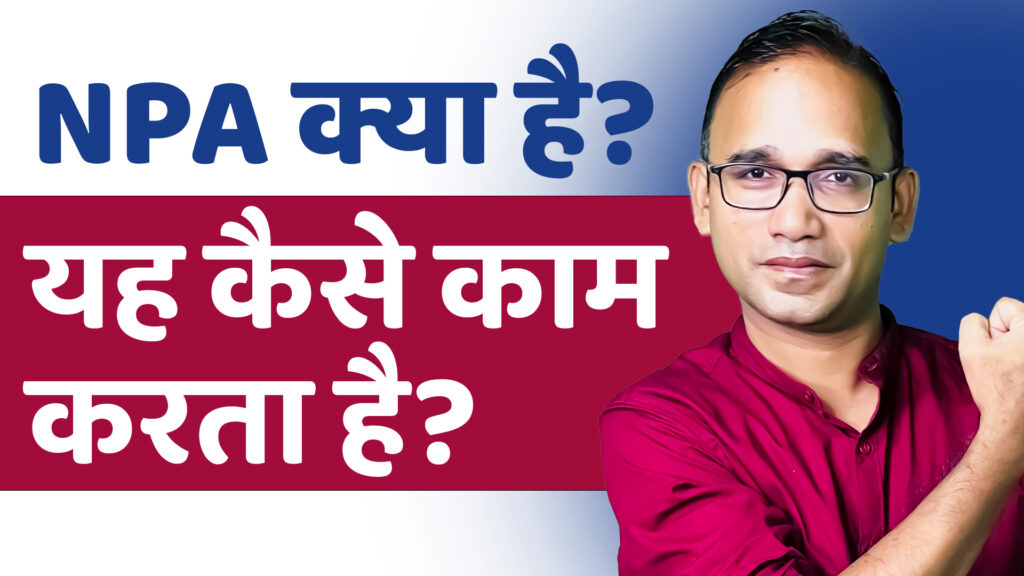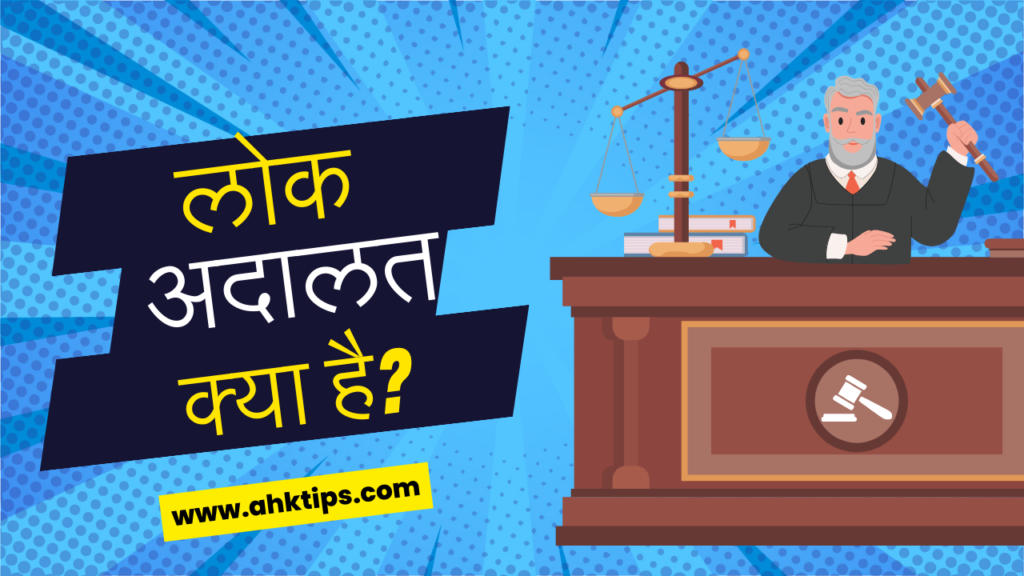Summary
Google (Settle) has agreed to pay ₹20 crore to resolve an antitrust investigation related to its Android TV platform in India. The probe, conducted by the Competition Commission of India (CCI), revealed that Google may have engaged in unfair trade practices. These included compelling smart TV manufacturers to pre-install Google applications like YouTube and the Play Store, while also restricting them from using competing platforms or modifying the Android TV operating system.
Such practices were deemed anti-competitive and seen as a hindrance to the growth of India’s digital economy. As part of its broader financial plan, Google’s decision to settle the case signals an effort to align with regulatory frameworks and avoid prolonged legal challenges that could impact its market position and strategic investments in the region.
Android TV is a widely used operating system that is used in smart TVs in India. The market domination by Google might have restricted the growth of other developers, reduced consumer choice, and affected fair competition due to this type of restrictions. Keeping this issue in mind, CCI carried out a proper investigation. Instead of going for a long legal fight, Google consented to settle the issue by making a payment of ₹20 crore and by giving an undertaking to make changes in its business conduct.
This move is being seen as a major step towards providing justice in India’s fast-growing digital economy. It is a stern message to other tech giants that they must follow Indian competition law and cannot use their dominance arbitrarily. Even if the fine amount itself may not be huge for Google, the case shows that India is keenly interested in protecting market competition and consumer interest.
Introduction
Over the last few years, companies like Google, Facebook, and Amazon have come under increasing pressure from regulators and governments all over the world. The companies are being kept under scrutiny regarding their business methods, especially where they are leading in the markets. A notable example has been seen in India, where Google has committed to paying ₹20 crore as compensation towards an antitrust lawsuit concerning its Android TV service. This is a significant milestone not only for Google but for the entire technology sector in India.
Android TV is a Google-developed smart TV operating system. It enables users to stream YouTube, Netflix, and other apps right onto their television sets. The majority of the present smart TVs that are sell in India are power by Android TV. Due to this, Google has a lion’s share of the smart TV market. But the Competition Commission of India (CCI), tasked with keeping the market open and free, began questioning if Google was misusing its power in this sector.
Google was accuse, as report by the investigation, of compelling TV makers to pre-load certain Google apps such as YouTube, Google Play Store, and others on their sets in a bid to use the Android TV platform. The makers, as reported, could not alter the software or add rival apps that would compete with Google. This caused serious concerns as it appeared to grant Google an overwhelming amount of power over what individuals had access to or could see on their TVs.
The CCI believed that this kind of control would be harmful to competition. If one company owns the platform and the apps, then smaller firms cannot survive or grow easily. Consumers may also be deprive of better or different services. That’s why the CCI acted and launched a proper inquiry.
The Android TV Antitrust Case: Background and Allegations
The background of the case reminisces about concern over Google’s ownership of the Android operating system, specifically the Android TV platform. Android TV is a software that controls connected TVs and provides users apps, streaming media, and other media entertainment services. Android TV obtained massive market in India since it is extremely prevalent and convenient, adding to the other offerings of Google.
However, some of the market players, including the rival app firms and the online content providers, had already complained that Google was mishandling its market power and stifling honest competition. These were, however, grievances specifically relating to Google’s monopoly on Android TV, the app store, and its requirement for smart TV makers to pre-install on their devices a package of Google apps in exchange for license to use the Android operating system.
Complainants complained that the practice unfairly excluded competitors from the market and reduced consumer choice. They complained that Google’s conduct actually denied or restricted access to competitive apps and services and precluded innovation and harmed consumers. The issue was raise by India’s Competition Commission (CCI), which initiate a probe into Google’s business practices.
The Investigation and Findings
India’s Competition Commission of India (CCI) initiated a probe into Google’s Android TV business practices after receiving complaints by local rivals, including TV manufacturers and app developers, that Google was cornering the market for smart TVs. The investigation was to determine whether Google’s behavior would amount to anti-competitive practices under Indian competition law.
The CCI examined whether Google’s business model for Android TV would infringe the competition laws aimed at creating a level playing field in the market. On detailed investigation, the CCI found that Google had been imposing limiting terms on its business partners to force them to pre-install Google apps and restrict their ability to share rival apps. The Commission further objected to Google’s control over significant information regarding users and usage of content that the Commission alleged conveyed an unjust advantage to Google.
Settlement and the ₹20 Crore Payout
Rather than pursuing a lengthy legal battle, Google has chosen to settle the case by having the company agree to pay ₹20 crore under the settlement. The payment is make as a settlement to the Competition Commission of India (CCI) and is regard as the first move towards the closure of the ongoing investigation into Google’s business practices in the market.
The ₹20 crore payout might seem puny in the context of Google’s enormous revenues globally, but it is an enormous concession by the company to settle the antitrust case without further escalation. Apart from the payment, Google has also promised to modify certain of its practices regarding business on Android TV in India, offering more freedom to app developers and manufacturers, and more space for competition in the market.
While the ₹20 crore settlement (Settle) will barely ruffle Google’s business model, the settlement highlights the growing significance of regulatory action in India, particularly where technology giants and their marketplace might are involve. For Google, the settlement is an opportunity to avoid a protracted and expensive court fight while demonstrating its willingness to be in tune with local rules.
What Does the Settlement (Settle) Mean for Google?
For Google, the settlement (Settle) is a positive indication of wanting to stay away from further problems in India, one of the world’s biggest and fastest-growing technology markets. The firm has been subject to mounting pressure from Indian regulators over the past several years, particularly regarding its domination of nearly every sector, including search, online advertising, and mobile operating systems.
The ₹20 crore penalty also conveys a strong message to Google that the Indian government and regulators won’t shy away from taking action again large companies if their activities are see to be anti-competitive. The company will have to make some more adjustments to its business model in the nation to remain within antitrust guidelines and prevent future disputes.
Google’s settlement (Settle) is also indicative of the heat being felt by multinationals in emerging economies such as India, where regulators are becoming ever more active in ensuring fair play. As the tech space gets more mature and grows ever wider, players such as Google will have to operate within an even more sophisticated web of rules, especially with governments around the world heating up the pursuit of monopolistic behavior in the digital economy.
What Does This Mean to the Industry?
This acquisition has broader implications for the tech sector, especially when it comes to antitrust issues. Antitrust probes against major tech players have increased around the world in recent years, with regulators from the US, European Union, and India regulators having taken aim at Google, Facebook, Amazon, and Apple for their anti-competitive behavior.
For Indian technology sector, the ruling is a warning that competition policies are being taken seriously and organizations have to be cautious in their behavior in the market. The ruling can potentially be use as a guideline in framing future cases again tech behemoths and a policy guide on how such cases have to be handle.
The move also paves the way for competitors to level the playing field by another notch. As Google revamps Indian practices, content suppliers, TV manufacturers, and application developers will be able to gain more chances of approaching consumers unfettered. This can drive more innovation, increased consumer choice, and a healthier market for Android TV offerings.
Looking Ahead: Potential Future Directions
As the Indian technology ecosystem grows, such cases like the Android TV antitrust case will become more frequent. Regulators will keep an eye on the tech giants so that their behavior does not suffocate competition or hurt consumers. Particularly, the growing Indian market for smart TVs, digital streaming, and other tech services presents new challenges to regulators because these sectors are evolving rapidly and becoming highly competitive.
Google, and others, will need to keep a close eye on their business practices and ensure that they are in line with India’s competition laws. As India’s digital economy continues to grow in influence, the country is set to be a major voice in the global debate about antitrust regulation in the tech industry.
Conclusion
The ₹20 crore payment by Google in the Android TV antitrust lawsuit is a turning point for India’s digital and technology market. It shows that even the world’s biggest and most influential technology firms must comply with the rules when they operate in India. The Competition Commission of India (CCI) has made it abundantly clear that no firm, however big, can employ its market power to drive out competition or restrict choice for consumers and enterprises.
This case Settle also indicates that the Indian government is keen on ensuring fair competition in the digital economy. Google’s Android TV operating system is use by millions of individuals in India. If one company is controlling what apps appear on televisions and forcing manufacturers to avail its services only, then fresh startups and small companies will never have a real chance to excel. This is detrimental to innovation, limits consumer options, and promotes an unfair market.
With the payment of ₹20 crore and consent to change its approach, Google has taken the right step. It saves a lengthy legal struggle (Legal Notice) and proves the firm is cooperative in dealing with Indian authorities. It will hopefully leave more space for other TV producers, app makers, and providers of streaming services to enter the market and compete fairly. Eventually, the customers benefit because they have greater alternatives, better service, and more competitive prices.
Frequently Asked Questions (FAQ’s)
Ans: The case concerned Google’s Android TV platform. The Competition Commission of India (CCI) held that Google may have been using unfair practices by forcing TV makers to pre-install its apps and blocking them from using alternative services. This was consider to be against fair competition.
Ans: Google resolved the case by paying ₹20 crore without going to a long courtroom fight. It even pledged to change some of its ways to provide TV manufacturers and other app firms more room for maneuver.
Ans: Antitrust law, or competition law, makes sure that businesses don’t abuse their dominance. It promotes good business and spares small businesses from being push around by big ones.
Ans: Android TV is a smart TV operating system created by Google. It allows consumers to access apps like YouTube, Netflix, and Google Play on their televisions directly.
Ans: The case was file on the complaint of a company and was investigate by the Competition Commission of India (CCI), which handles such cases.

